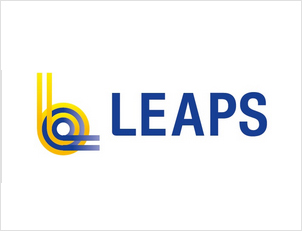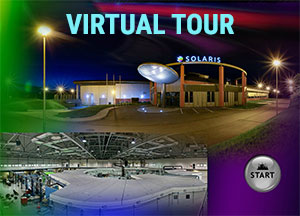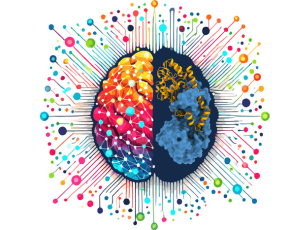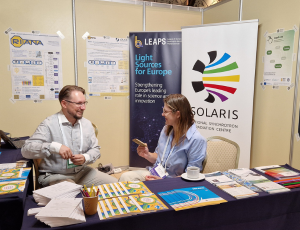 Web Content Display
Web Content Display
SOLARIS centre
 Web Content Display
Web Content Display
SOLARIS Centre facing global challenges

Finding an effective way to evolve from an exploitation model of the Earth resources to a sustainable one is an essential and imposing challenge humanity is facing today.
A vital element of any long-term solution to this challenge will be new technology to meet our needs for energy and other resources and this, in turn, will require new materials and processes, predicted and realised through scientific research and innovation. The other emergency issues for which the solution requires scientific research using the latest technologies are climate change mitigation, curing cancer, clean water resources, smart cities or food security.
Searching for the innovative solutions to meet global challenges is one of the key goals of the Horizon Europe program initiated by the European Commission. The way of implementation this task goes through the increasing the impact of research and innovation on sustainable development. European facilities play a crucial role in ongoing efforts to address the vital problems our society. In 2017 due to these challenges all European Synchrotrons and FELs joined forces within the new consortium LEAPS (League of European Accelerator based Photon Sources). The consortium included the goals of the HE program in its priorities and the representatives of the associated centers have started the vital discussions on the forms of active participation of the consortium members, including the SOLARIS Center, in the European initiative.
These works resulted in the the document 'LEAPS Position Paper on Horizon Europe Missions' (see below) presenting the vision and possibilities of associated centres, offering the advanced research tools, in the implementation of the HE missions and in the solving the grand challenges throughout the next decade and beyond. The document summarizes the current contribution of the research using the infrastructures associated in the consortium and presents concepts for support and development under the HE program. This contribution does not apply only to scientific work, but also to the cooperation with the industry, technological development of infrastructures and enlargement of the user community.
LEAPS facilities provide essential input on the mining and use of natural resources. Using RI’s infrastructires the scientific solutions in the field of anthropogenic impact on the environment arise can be sucessfully achieved as well. Understanding molecular structures and reactions of relevance to biology and ecology, and also by sampling molecules and trace elements in the ecosystem can be one of the expamle. Further in this topic, advanced photon sources also play an important role in providing multiscale insight into the next generation of materials. Materials able to capture, store or catalytically convert CO2 to added value chemicals are routinely investigated at LEAPS facilities. Increased urbanisation and growth in population present one of the biggest challenges of our time. In this context improvements in battery and hydrogen fuel cells technologies are needed. LEAPS facilities offer a unique combination of diverse complementary tools able to explore materials properties and evolution from Angstroms to several centimetres scale. In turn X-ray crystallography techniques and multimodal imaging available at synchrotrons are also important in agricultural research, and an essential element in underpinning food security, improving public health and reducing environmental impact.
European Research Infrastructures are a compendium of technical developments, scientific imagination and revolutionary ideas devoted to answering basic knowledge questions and now increasingly addressing specific societal problems.



